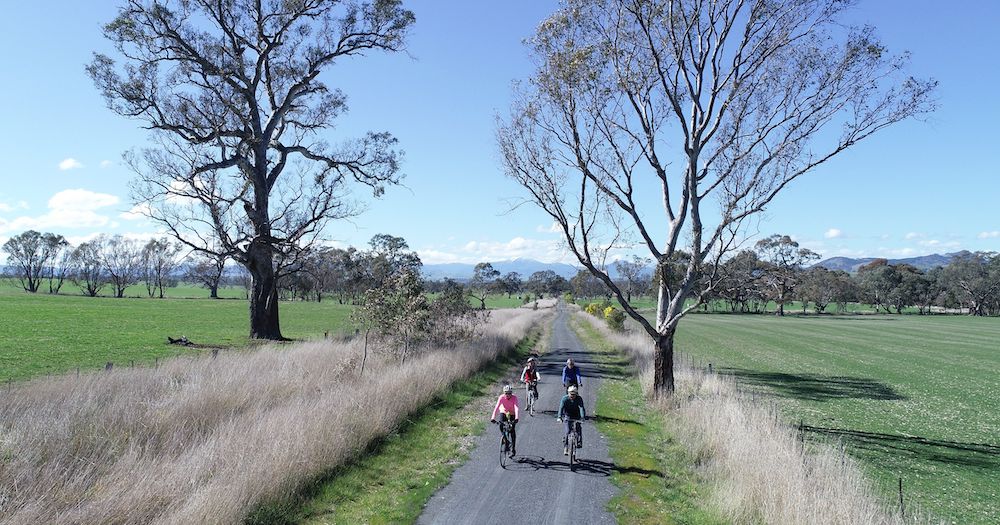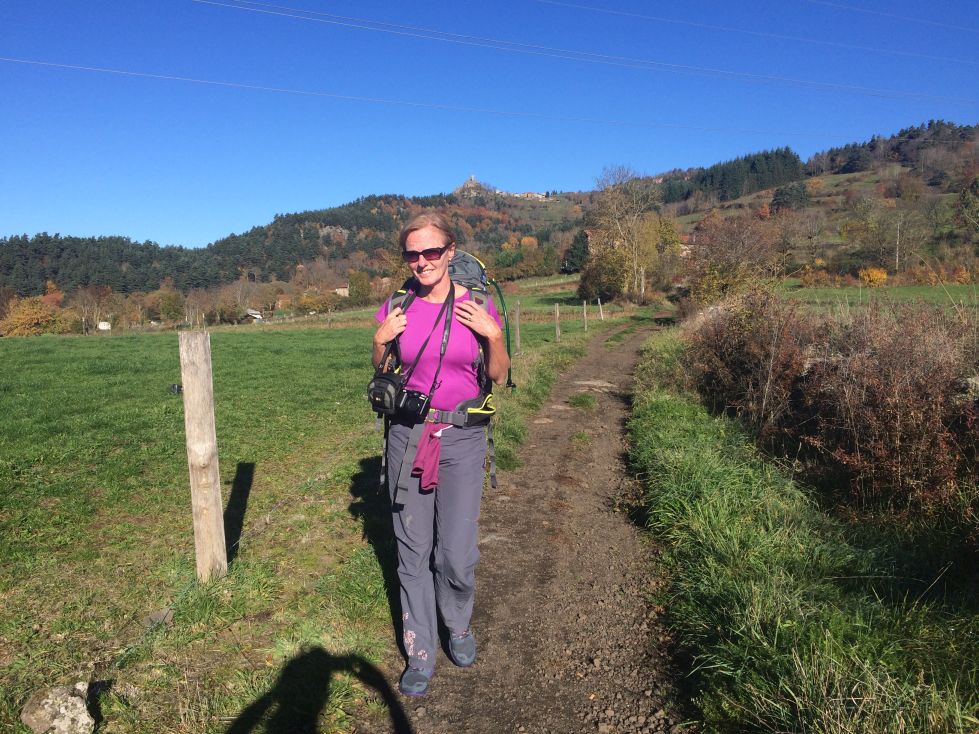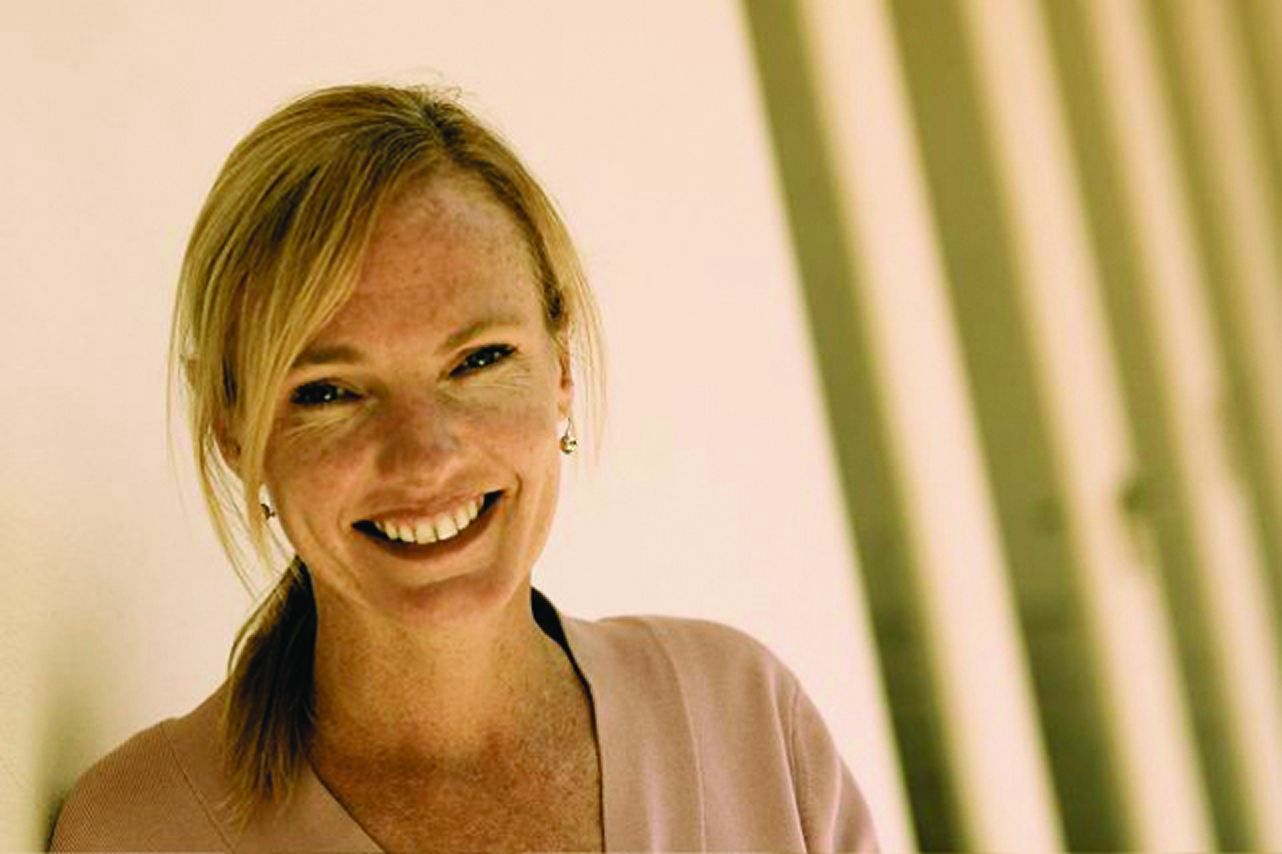Sue Badyari, CEO of small group tour company World Expeditions Travel Group, on sustainability, adaptability, and enjoying your own backyard
Firstly, how do we return to travel, and will the experience ever be like it was before coronavirus?
Although Covid-19 continues to have a devastating impact on travel, I’m confident that it will pass and we will return to travel. In some ways, I think we will appreciate travel more than we did previously and recognize that it is a privilege to experience a different culture. I’m hopeful that there will be more awareness of the many ways that we are all inter-connected and that this will enhance further the travel experience in the future.
World Expeditions recently re-commenced group expeditions on Australia’s iconic Larapinta Trail under its Australian Walking Holidays brand; are Australians using the border closures to explore their own backyard and is this something you’re seeing in other countries World Expeditions operates in?
Yes, they are. Border restrictions are forcing many people to holiday in their own states and others who are free to travel more widely are choosing to stay closer to home – perhaps because of the fluidity of the situation with Covid-19. And yes, our Canadian, New Zealand, and UK offices are also experiencing strong levels of domestic bookings in each of their regions.
World Expeditions tends to enjoy adventures off the beaten path. What kind of traveler would you describe yourself as and are you seeing growth in more adventurous travel?
I strongly aspire to be active when I am traveling; immersing, and challenging myself in nature inspires me no end. I love getting to know a destination well and the experience of walking, cycling, or kayaking means you come away knowing a lot more about the flora, fauna, features, and peoples of the area. There is something magical when you trek between remote villages in Nepal, cycling alongside a river in Europe, or go walking in the Australian outback. It brings perspective, makes you feel healthy, appreciate the sublime places we are so blessed to have on this earth, and puts a smile on your face.
There is a growing number of people who share this preference for more adventurous travels. Previously, there was a growing trend to escape the crowds and places affected by over-tourism and this has only been exacerbated by Covid-19, with people looking to go remote.

Climate change is steadily changing landscapes travelers wish to explore, including the Arctic and Antarctica. What advice do you have for travelers hoping to see these destinations before it’s too late?
It is a sad reality. Yet, if each traveler took some sensible measures to minimize their travel footprint, the world could be in a better state. I’d recommend that all travelers check out the travel company whom they intend to travel with carefully, read up about their responsible tourism practices and support those companies who are helping to conserve environments and cultures as a united force with industry partners, guides and travelers all engaging the same responsible tourism measures.
This includes such things as carbon offsetting your travel emissions (which all World Expeditions trips do as part of the trip price); avoiding single-use plastic; buying local produce; supporting local tourism through training guides, cooks, and drivers; and supporting porters across the globe.
There are many more initiatives to mention but these are just some of the important elements that mean travel services don’t have a devastating impact.
World Expeditions has been at the forefront of voluntourism for a decade – where do you see this travel movement going and what kinds of activities are sustainable. What should travelers be wary of?
Voluntourism has most unfortunately been tarnished by a very few companies or individuals who have been either naïve or at worst, exploitative in their offer of voluntourism experiences. Yet, for the majority with services for travelers in this space, the commitment to making the world a better place through offering programs and experiences which translate to a ‘genuine’ benefit for the recipient humanitarian or environmental project is highly advantageous. Again, research is key, and knowing as much about not only the project but documented evidence of its positive impacts is essential.
We should all strive to travel more sustainably, to spend more time in one destination, and to experience that destination more authentically, traveling as the locals do – perhaps by walking or cycling and sprinkling tourism dollars to the communities in non=urban environments that most need it.
What are the big emerging destinations for 2021?
Last year – before Covid-19 – I would have advised that Central Asia, lesser-known remote regions of the Himalaya, Ethiopia, Georgia, and Armenia as well as the lesser-known countries in South America were finding the taste buds of travelers looking for destinations that are a little different and without the crowds. Now, the focus has changed to domestic destinations and it’s purely a joy to see more Australians traveling in their own country.
We’ve long advocated for exploration of our landscapes, where we are blessed with so much variety and now we have trips in all states and territories, with the winners being Larapinta Treks out of Alice Springs, hikes on Tasmania’s Flinders Island, cycle trips in the Mudgee and South Coast regions, and a favorite, camel trekking in the Flinders Ranges in South Australia. If borders can start opening soon the demand will be great and we look forward to seeing that day after a very difficult year.

You recently launched self-guided cycling tours in Australia. Is there a big demand for self-guided itineraries and how do elements like technology help travelers on these experiences?
Yes, we’ve noticed stronger demand for self-guided itineraries than previously and I think this is linked to the fact that we are restricted at present to domestic destinations, where we generally need less support than when travel overseas. Self-guided itineraries are fantastic in that they allow a completely flexible style of travel where travelers can travel at their own pace and stop where and when they like, but with all the logistics such as baggage movement, accommodation bookings, and navigation taken care of.
Further, self-guided travel is very affordable and that translates to a greater number of people being able to participate. Technology is at the cornerstone of the success of any self-guided itinerary. The app which we have developed is used by travelers daily to keep them following the route on their device, advising them of points of interest along the way, providing emergency contacts and a hub where all their accommodation, bike drop off and pick up points and a selection of restaurant suggestions are all at their fingertips.
Where did you travel to on your latest personal trip?
I did a New South Wales outback and high country road trip, with lots of day walks. It’s been years since I traveled in Australia for any period beyond a few days and I loved it. I’ve been up to the Warrumbungle Ranges twice in the last month, where there are some stellar hikes, and the volcanic scenery and stargazing in one of Australia’s dark sky parks is like nothing you’ve seen. Up the road, the Pilliga sandstone caves are another marvel. Watch this space, we’ll soon be adding a trip up that way.

We’ve seen a flotilla of new expedition cruise ships launch over the past 24 months; do you think destinations like the Arctic and Antarctica will lose their mystique with so many travelers and where do you think expedition cruise companies should be looking to sail next?
I don’t think the Arctic or the Antarctic will ever lose their mystique. Perhaps people will look to travel differently to those destinations. We offer “base-camp” trips that allow kayaking, camping, and snowshoeing activities and we are planning to operate a trip escorted by Peter FitzSimons. By traveling in the company of an expert who brings something new to the experience, it’s still possible to get away from the mainstream – not that polar travel can ever be mainstream.
My favorite cruising itineraries are small ship trips that explore remote regions, like the polar regions or the Kimberley or around Cape Horn in Patagonia.
Tell us about some of your Thoughtful Travel initiatives – which are closest to your heart?
They are all so important; our sustainable travel practices cover child-safe tourism, animal welfare, porter welfare, leave no trace, and many others and our commitment to support local communities at every level of the operation continues to underpin the business.
At present, I’d have to say that the Lend a Hand Appeal is closest to my heart. It’s an initiative we started to help out the devasted communities with whom we’ve worked for years and it raised almost AUD$40,000 (US$31,000) as of September 2020. We’re “lending a hand” by distributing emergency food and fuel parcels to families in Kenya, Tanzania, Peru, Nepal, and India, where there is obviously no job keeper. Our porters, guides, and office staff are without any means to earn income and many are really struggling and we’re thankful to everyone who has helped us lend a hand.
What are we likely to find in your carry-on luggage?
A good book typically telling the story of a great adventure but I also love a bit of Paul Coelho. Of course, my iPhone, which I use to snap photos and footage whenever a good opportunity presents itself; my raised eye mask, which allows rapid eye movement so I can sleep well; and a few gifts for friends and colleagues at the next destination.

How do we become better travelers and still sate our wanderlust?
We changed the wording of Responsible Travel recently to Thoughtful Travel and I think the sentiment behind that change is what’s important. Learn about the culture of the destination and travel there with the aim of leaving it better than it was before you arrived. If we travel with an open heart and consider the travel experience a privilege, I think we’re on the right track to becoming better travelers.
For more Interviews click here.

